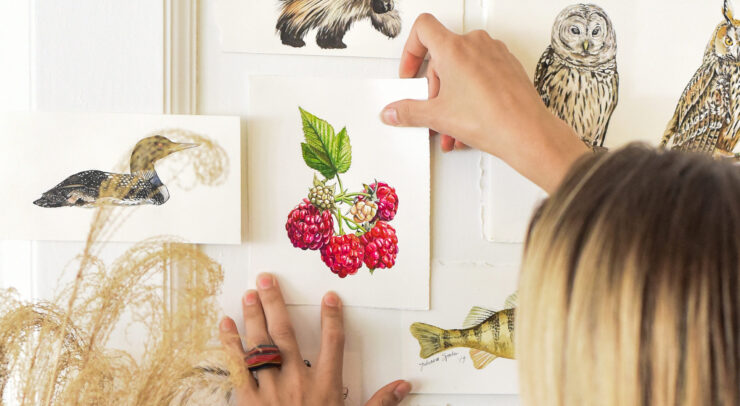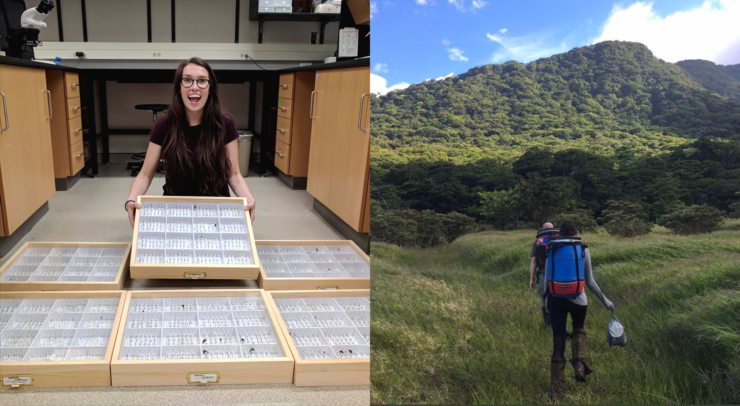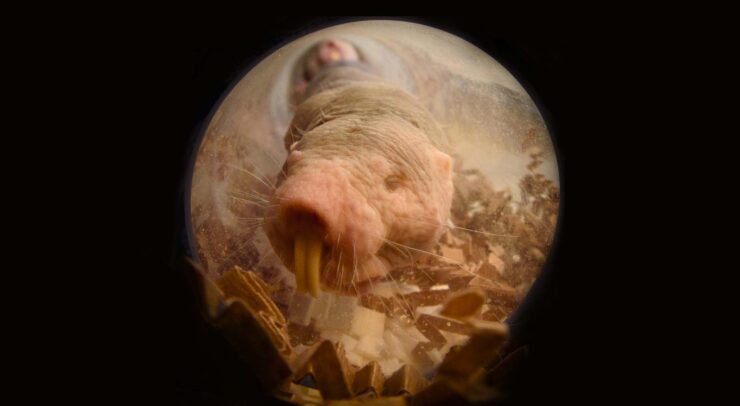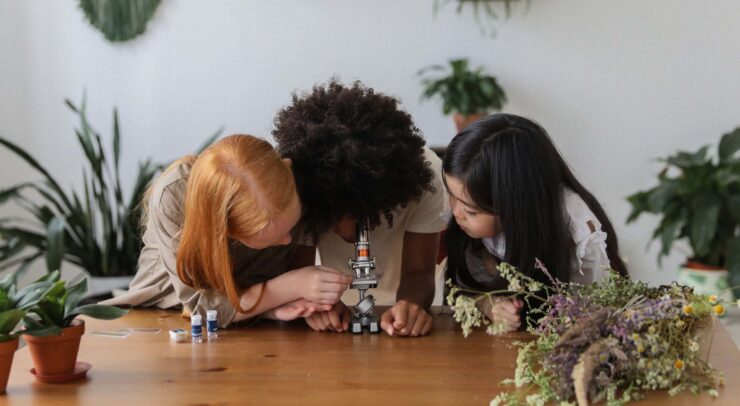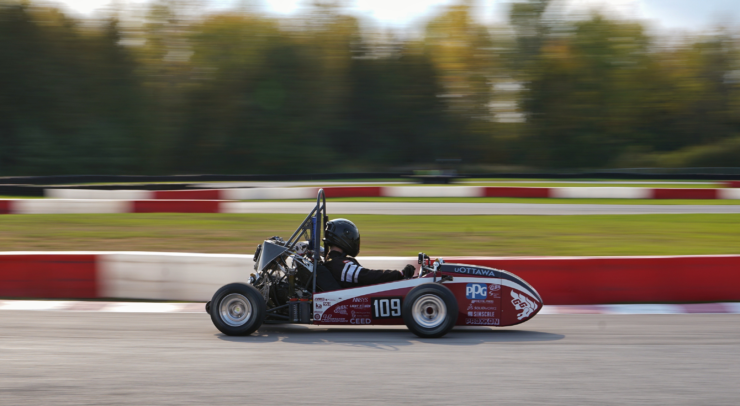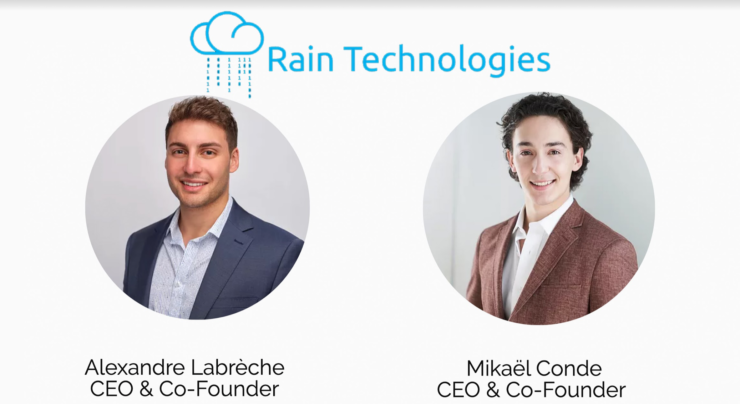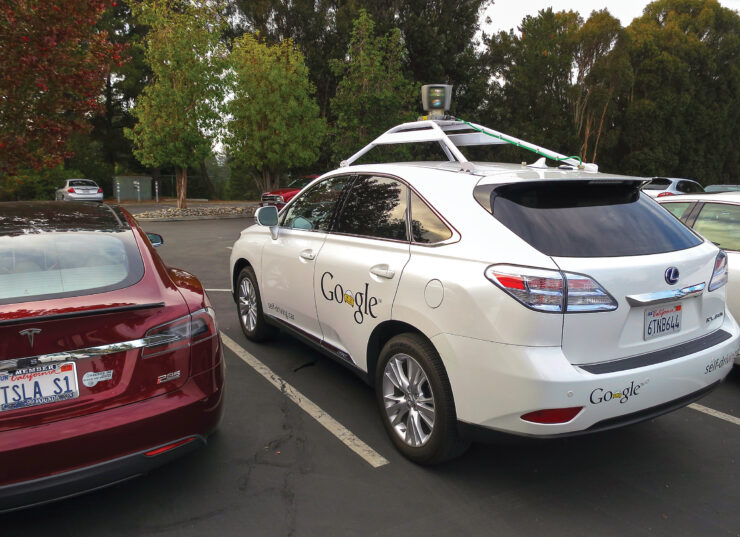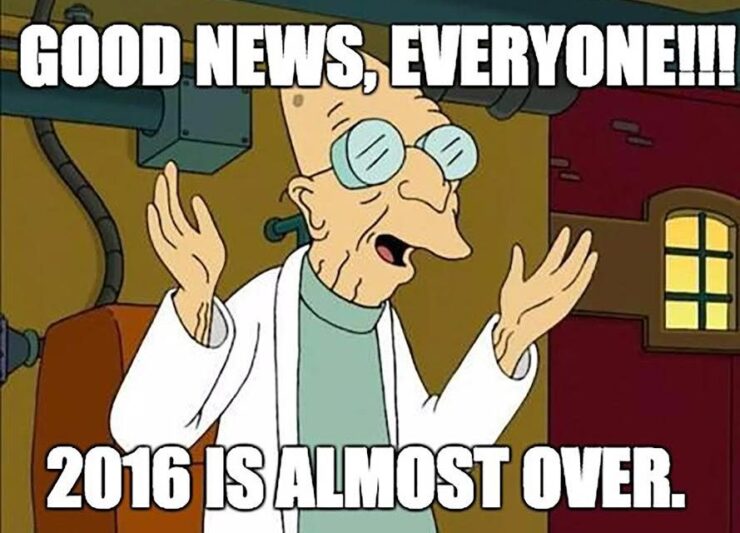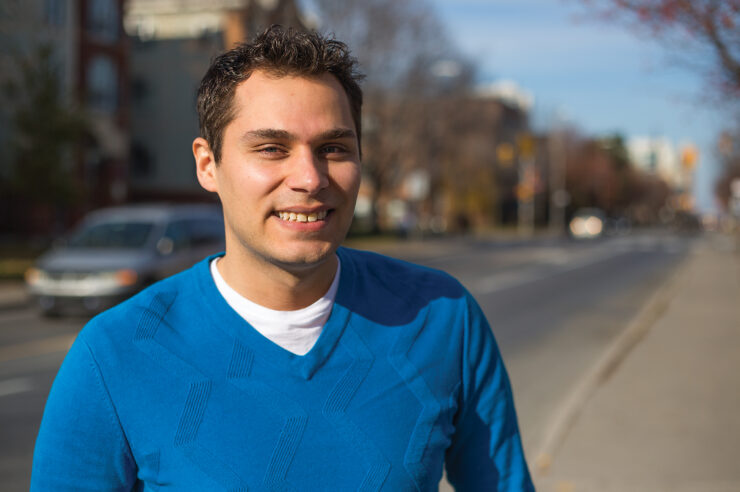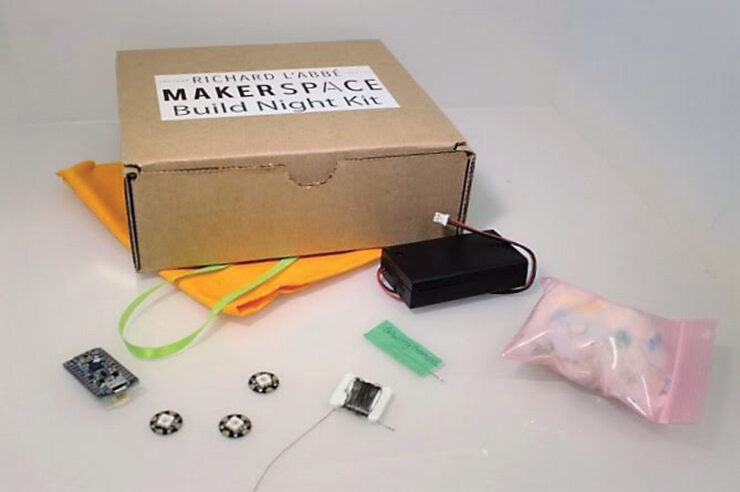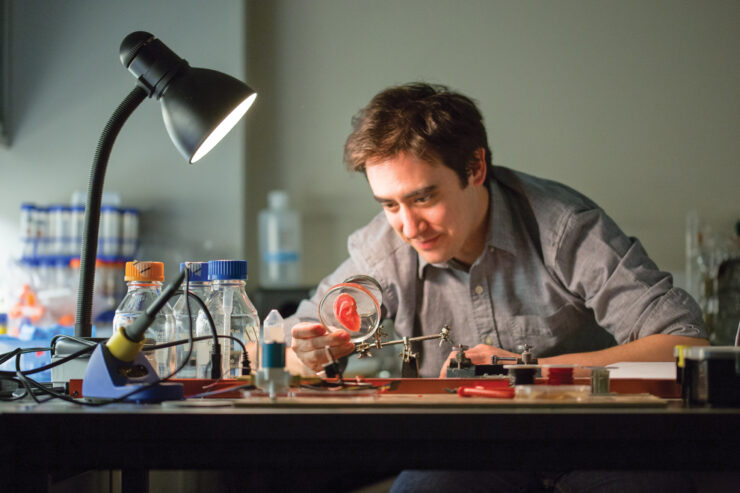Scientific illustration work truly excites Julius Csotonyi and Juliana Spahr, and gives them the space to wholeheartedly love what they do.
science and technology
Rove beetles happen to be the largest group of animals that exist however, they remain as one the most understudied.
This week Pamenter interviewed with the Fulcrum to explain the mechanism that describes how mole rats decrease their body temperature in hypoxia
Scientists are getting up on their soapboxes, but this time it’s to promote the amazing work being done by women in STEM
“I think most engineering students who graduate from school realize that it doesn’t give you any sort of practical experience. It doesn’t set you up well for any design experience at all, which is why internships and clubs like this exist.”
“Based on my experience working for the government, I know that if you’re sharing around a spreadsheet, it’s easy to make a mistake or accidentally delete something. These kinds of human errors are mitigated with [our] app”, said Matthew Gaerke, an account executive for Rain Technologies.
Driverless cars are going to be the future, whether we like it or not. So we should make sure that that future benefits Canadians—and that means embracing AI behind the wheel.
Given the potential benefits of the technology, Canada needs to think big and embrace the potential of drones, similar to what our neighbours to the south are doing.
In honour of our last regular issue of 2016, we remember the (few and far between) bright spots in this year’s news.
The possibility of a bionic eye might, in fact, be more of a reality than one would expect, thanks to Ross Cheriton, a PhD student at the University of Ottawa’s Chair for Research in Photonics.
Danielle Taillon, a fourth-year mechanical engineering student at the University of Ottawa, has started a project to get Indigenous youth in remote communities involved with science, engineering, and technology.
University of Ottawa associate professor of physics Andrew Pelling does more than just teach. Outside of his day job, he also runs the Pelling Lab at the U of O, where he grows human ears using apples.

